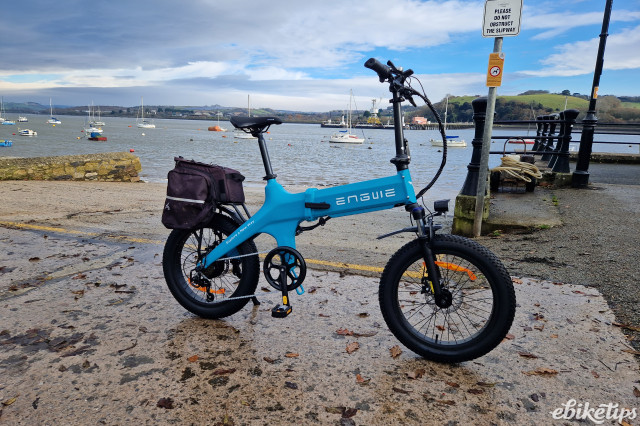The British Heart foundation has come under fire for refusing to allow electric bikes to participate in its major fundraising event, the London to Brighton cycle ride.
According to the cycle industry website BikeBiz a team from the retailer Cycling Made Easy, who completed an off-road charity ride from London to Paris partly on electric bikes and raised £3,000 for BHF, were told that they wouldn't be able to use the assisted bikes in the London to Brighton ride. An electric bike has the same legal status as a non-powered bike.
Ray Wookey, director of Cycling Made Easy, said "The BHF inferred that pedelecs increase health and safety risks to participants. This is nonsense. I have no interest in selling anything which endangers others. I had spoken directly to decision makers at the BHF last year who assured me that pedelecs would be allowed to join in their events; and why shouldn’t they? Pedelecs are legally classed as bicycles. That’s not just my opinion, that’s fact, not only here in the UK but across Europe. You can see why I am not only confused but frustrated by their decision, not least as I helped raise £3000 for the BHF riding on a pedelec."
Electric bikes allow riders who are less able, including those with cardiovascular issues, to remain in the saddle, so it's somewhat ironic that a heart charity is prohibiting their use on health grounds. It's not been made clear exactly what the Health and Safety issues with e-bikes on the ride are.
Nancy Smyth, Head of Events at the British Heart Foundation, explained: “The British Heart Foundation’s terms and conditions for all cycling events currently limits those who participate to non-powered bicycles, therefore excluding electric bicycles, to ensure rider safety on all our cycling events. This has always been a pedal-powered event and any change to this would considerably alter the nature of this event.
As the London to Brighton bike ride attracts around 20,000 participants every year, it is important to consider the health and safety risks and to put in place all necessary measures to ensure that the event is safe. These considerations are made at the planning stage of each event which occurs at least 10 months prior."





